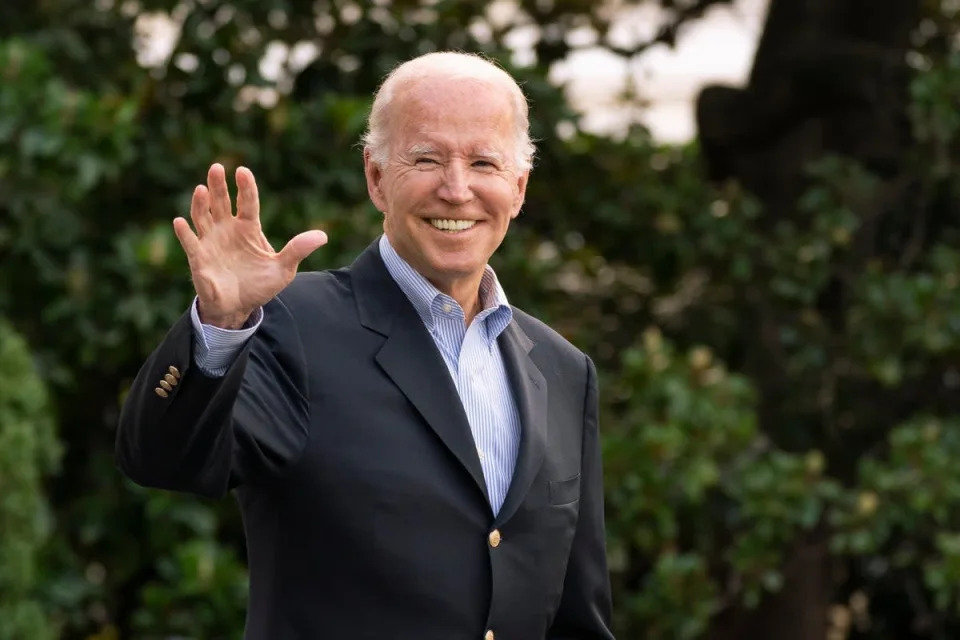Through five decades in Washington, Joe Biden knew that the way to influence was to be in the room where it was produced. But in the second year of his presidency, some of his most stunning and legacy-defining legislative victories came with him standing on the sidelines.
A slew of bipartisan legislation this summer has landed on Biden’s desk, on issues tackling gun violence and boosting high-tech manufacturing. The president is now on the cusp of securing what he called the “final piece” of his economic agenda with the sudden resurrection of a Democratic deal on weather and prescription drugs. And in an unlikely twist for the president who has touted his decades of experience on Capitol Hill, his aides attribute his victories to the fact that Biden was merely encouraging lawmakers rather than telling them what to do.
“In a Senate split 50-50, when the White House takes ownership of an issue, it scares a lot of Republicans,” said Sen. Chris Murphy, D-Connecticut. “I think this is all on purpose. When you step back and let Congress lead, and then push and help at the right times, it can be a much more effective strategy to get things done.”
Democrats and the White House are hoping that the string of legislative victories, both bipartisan and not, just four months before the November election, will help resurrect their political fortunes by showing voters what they can achieve with even the narrowest of majorities.
Biden entered the year 2022 with his legislative agenda stalled, his poll numbers down, and an admission that he had made a “mistake” in his actions.
“The public doesn’t want him to be the ‘president-senator,'” he noted. “They want him to be the president and let senators be senators.”
Letting senators be senators was no easy task for Biden, whose political and personal identity is rooted in his formative years in that chamber. He spent 36 years as a senator from Delaware, and eight more as president of the Senate, when he was valued for his relationships on Capitol Hill and his knowledge as Barack Obama’s vice president.
When Biden stepped back, he let his aides handle much of the direct negotiations. His legislative strategy, instead, focused more on using his role as president to strategically push his agenda with both legislators and voters.

